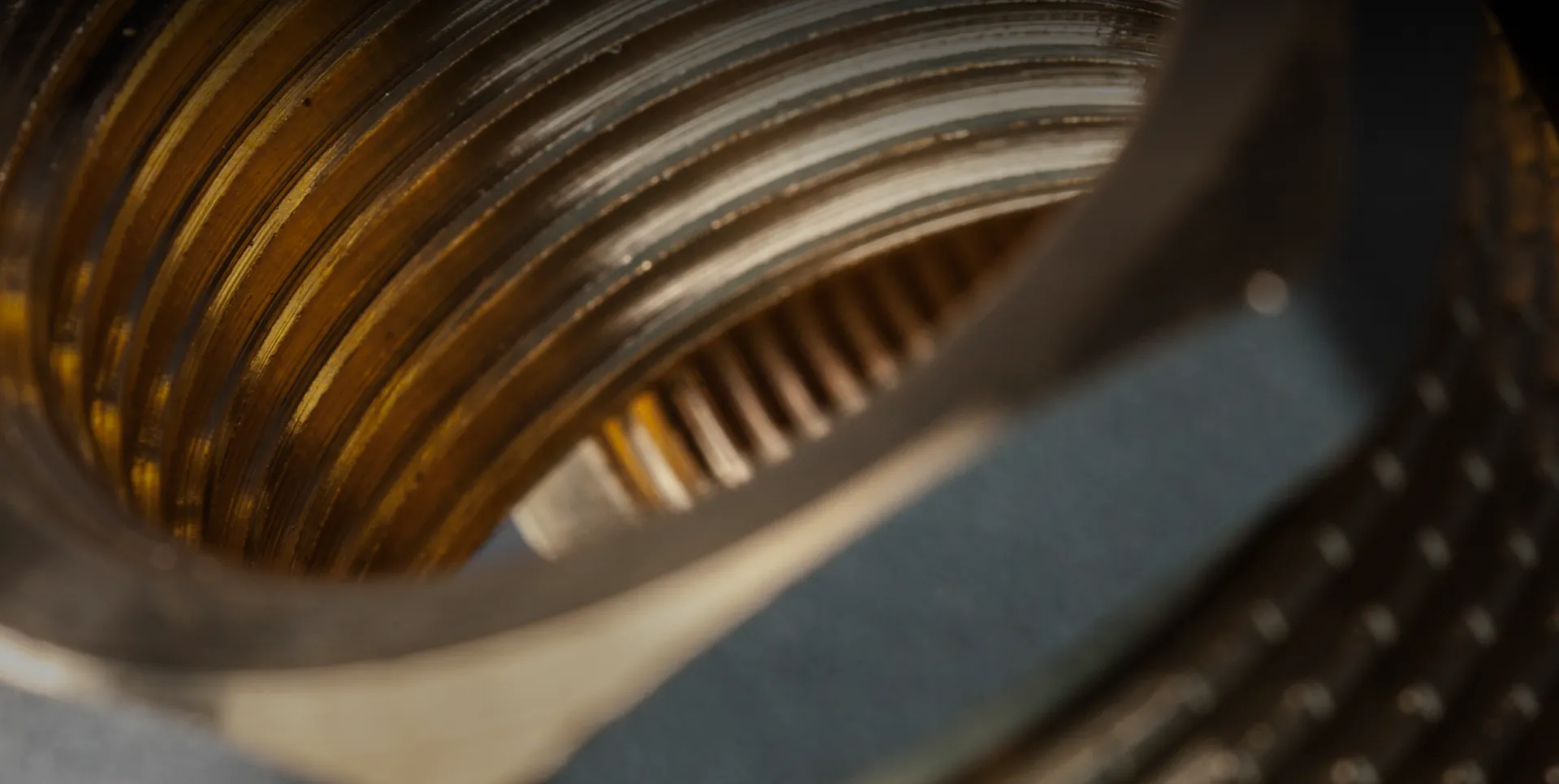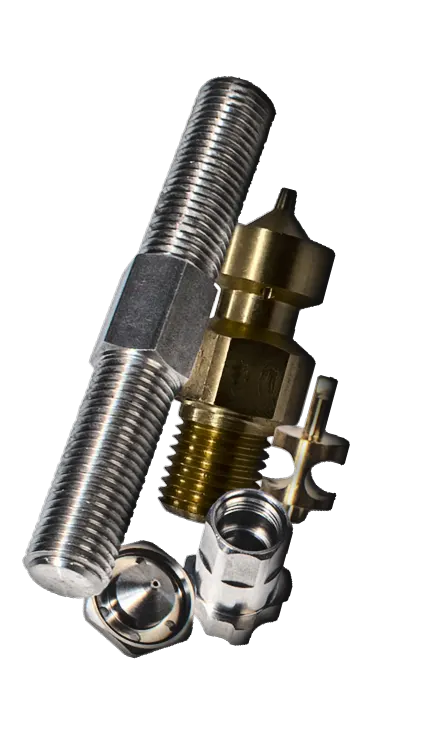Frequently Asked Questions
What is a screw machining (decoletage) company and what are its main technical capabilities?
A screw machining company specializes in the production of metal parts through chip-removal machining, using automatic lathes. These companies are equipped to manufacture high-precision components in medium or long production runs and typically use advanced equipment such as sliding headstock lathes, dimensional control sensors, and optimized kinematic systems. In practice, this means they can produce consistent, complex parts efficiently and reliably.
What advantages does precision screw machining offer in the manufacturing of industrial parts?
Precision screw machining delivers metal parts with tight tolerances and excellent surface finishes, which are essential in demanding industries such as automotive, aerospace, or medical devices. This process ensures high repeatability, efficiency in series production, and versatility to adapt to different geometries and materials, offering both technical reliability and cost-effectiveness.
How does the type of lathe affect the quality of screw-machined parts?
Sliding headstock lathes, commonly used in advanced screw machining companies, allow greater precision in long and slender parts by minimizing vibration during machining. Their multi-axis technology, combined with integrated sensors, increases process stability, improves final geometry, and reduces cycle time — key factors for both precision and productivity.
Which industrial sectors typically require screw machining services?
Screw machining companies supply metal parts to industries such as automotive, medical technology, aerospace, hydraulics, pneumatics, telecommunications, and capital goods. These sectors value the ability to produce components in high volumes while maintaining strict dimensional and functional quality requirements — something screw machining is designed to deliver.
Why is it important for a screw machining company to have an engineering team?
An engineering team is essential to validate designs, select the most appropriate processes, optimize production cycles, and ensure compliance with technical specifications. At companies like LEMEC, engineering guarantees that each part meets the required physical properties, dimensions, and finishes — from the prototyping stage to full-scale production. This ensures both technical performance and customer confidence.

